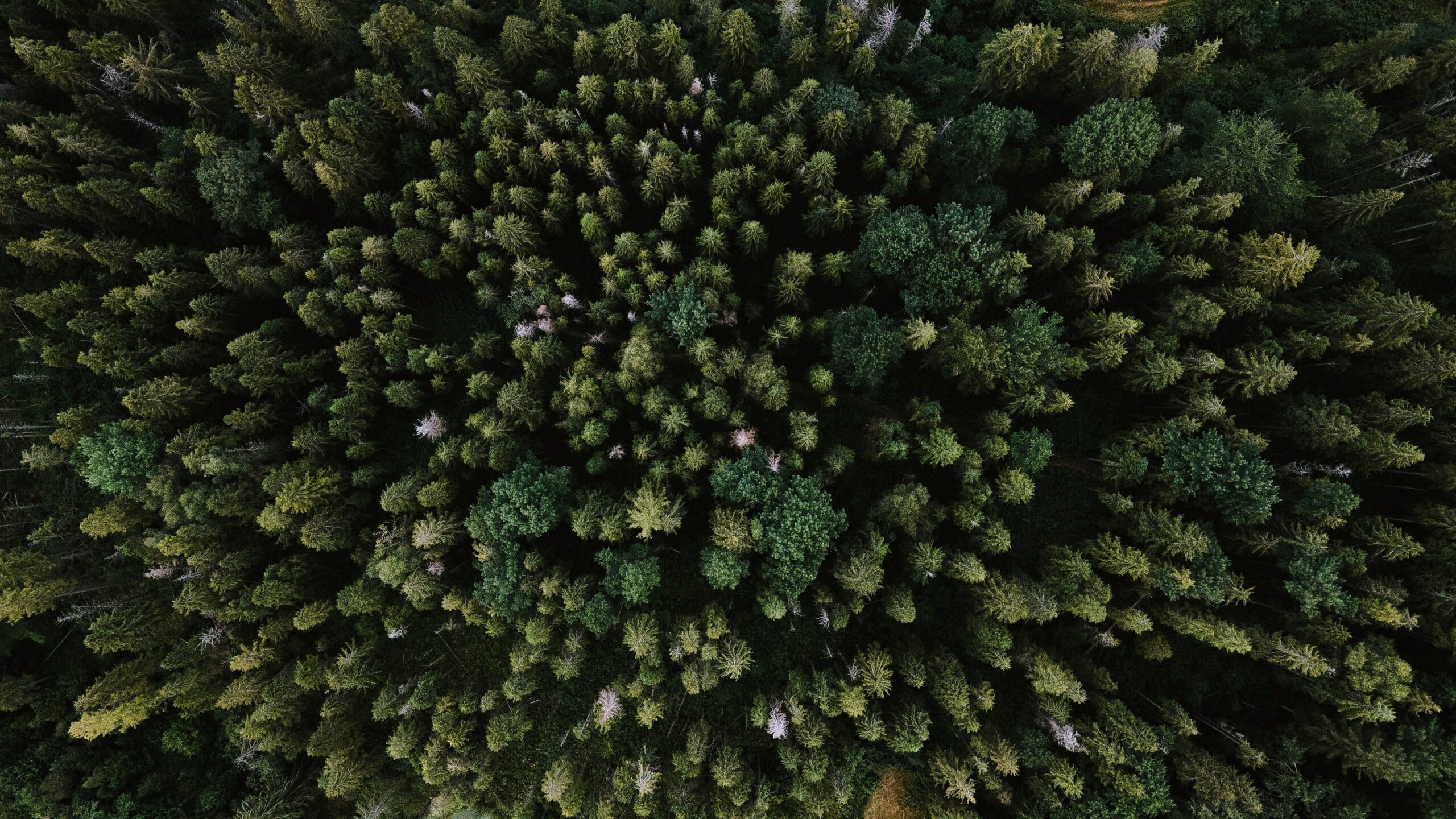Call for Papers for a special issue of
Canada and Beyond: A Journal of Canadian Literary and Cultural Studies
Volume 15 (2026)
Guest Editors: Susie O’Brien, Samuel Ikueze and Zahra Tootonsab
(Deadline: April 30, 2025)
“As we build a vision of Canada, let’s make sure it has more Canada in it”. Under this headline, an October 19th, 2024 op-ed in The Globe and Mail invokes the myth of Canada as “the world’s most just, inclusive and hopeful society,” calling for re-investment into “the industry that built Canada”: mining. Citing the opportunity for Canadian mining tech companies to become “global export leaders” and achieve a green and prosperous future, it concludes by reiterating: “More than ever before in our history, Canada needs more Canada” (Breznitz). The image of a supercharged Canada, in which the myth of the just society fuels the engine of productivity and green transformation, provides symbolic cover for the devastating global environmental costs of the Canadian mining industry. Zenaida Yasacama, vice-president of the Confederation of Indigenous Nationalities of Ecuador, notes that Canadian mining companies in Ecuador “violate the human rights of Indigenous people, they violate the rights of nature and they violate our right to self govern” (Forrester). Her account echoes the experiences of many Indigenous peoples on Turtle Island, whose habitation within the nation’s borders does not lead to belonging to or identification with Canada—let alone a desire for more of it.
Riffing off the ironic double vision of the call for more Canada, this special issue focuses on what might be described as the externalities—extra-national side effects—of the production (ecological, cultural, political, technological, economic) of Canada. These include the literal and metaphorical “overburden”—topsoil, sand, and clay; sedimentary rock; surface water and groundwater; and Indigenous/minority peoples, many of them in the Global South—affected by and in the way of resource extraction and Canada’s national project. Mining is not just a single concrete example but also a model of practices of extraction that create sacrifice zones not only inside but also outside the country. These practices—of land devastation, the displacement of humans and others, gender-based violence and brutal labour practices—are emblematic of the ways in which settler colonialism and racial capitalism structure the “unique vision of [a] prosperous Canada” within and beyond the nation’s borders.
With this issue, we seek to initiate dialogue between transnational and diasporic Canadian studies; postcolonial and settler colonial studies; and Indigenous and environmental humanities to consider Canada’s extra-territorial ecologies. Including but not restricted to the resource industries, we seek to understand the ways in which the ecological dynamics of settler colonialism and racial capitalism (and resistance to those practices) leak outside Canada’s borders and also trouble them from within. More specifically, as our attention to the op-ed above suggests, we want to explore the role of the imagination (popular, official, literary, cinematic) and literary and cultural studies (including ecocriticism) in covering up or illuminating the extra-national side effects of the national project of Canada as they impact human and more than human lifeworlds.
Among the questions contributions might take up:
- How do Canadian environmentalism and/or ecocriticism engage or obscure extra-national issues of social/environmental justice?
- How do environmental, industry and energy policies naturalize and regulate cross-border relations in support of settler colonialism and racial capitalism?
- What places, beings, and relations get sacrificed to mythologies of Canadian nature/ culture, ranging from sustainability and resilience to eco-nationalism (Aronczyk) and ecobordering (Turner and Bailey)?
- How do artistic explorations of topics such as migrant labour, international students, and offshore extraction industries illuminate the extra-national ecologies of racial capitalism and settler colonialism?
- How do narratives of diasporic mobility challenge settler colonial myths of Canadian nature and offer alternate modes of environmental belonging?
- How do Indigenous art and literature created on Turtle Island trouble the very idea of Canada, while also illuminating extra-national cultural and ecological mobilities and alliances?
- How do Indigenous and Afro-futurist imaginaries problematize settler-colonial and racial capitalist notions of progress, civilization, and climate change?
Works Cited
- Aronczyk, Melissa. (2024). “Branding the nation in the era of climate crisis: Eco-nationalism and the promotion of green national sovereignty.” Nations and Nationalism. Volume 30, Issue 1, 1-213.
- Breznitz, Dan. “As we build a vision of Canada, let’s make sure it has more Canada in it.” The Globe and Mail, 19. October, 2024.
- Forrester, Brett. “Indigenous women from Ecuador bring concerns on mining abuses, free trade to Parliament Hill.” 2 October, 2024.
- Turner, J., & Bailey, D. (2021). “‘Ecobordering’: Casting immigration control as environmental protection.” Environmental Politics, 31, 110–131.
Canada & Beyond is a peer-reviewed, open-access journal indexed in MLA. Modern Language Association Database, DIALNET, LATINDEX, ERIH+. You can learn more about the journal’s review process, style guide and past issues here: https://revistas.usal.es/index.php/2254-1179.
All submissions to Canada & Beyond must be original, unpublished work. Articles between 6,000 and 7500 words in length, including notes and works cited, should follow the current MLA bibliographic format. Submissions should be uploaded to Canada & Beyond’s online submission system (https://revistas.usal.es/index.php/2254-1179/about/submissions) and simultaneously sent to obriensu@mcmaster.ca by April 30, 2025. For more information, please contact the guest editors at the email addresses above. Your submission will be peer-reviewed for volume 15, 2026.
This CFP is part of the work conducted within the joint international research projects The Premise of Happiness (PID2020-113190GB-C21) and Narrating Resilience (PID2020-113190GB-C22), as well as TransCanadian Networks and in collaboration with Racialized Ecologies (Social Sciences and Humanities Research Council of Canada)
